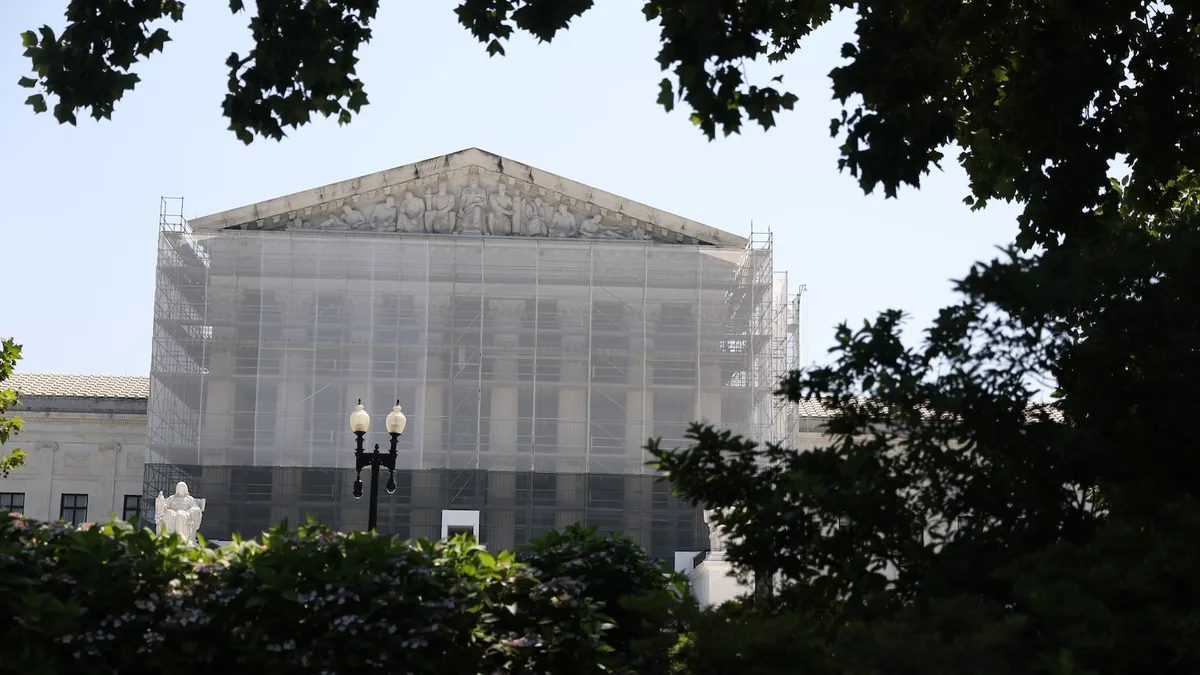
The Supreme Court delivered a significant ruling on Friday, affirming the constitutionality of the U.S. Preventive Services Task Force (USPSTF). This task force plays a crucial role in determining the preventive health care services that insurers are mandated to cover at no cost under the Affordable Care Act (ACA). In a decisive 6-3 vote, the court rejected challenges from conservative justices, including Clarence Thomas, Samuel Alito, and Neil Gorsuch, who dissented against the ruling.
This ruling is a considerable relief for public health advocates and medical groups, who had expressed concerns that dismantling the USPSTF and invalidating its recommendations would have dire consequences for the health of countless Americans. Approximately 150 million Americans rely on the no-cost provision, which encompasses a wide range of essential treatments, including cancer screenings, cholesterol-lowering medications, and drugs aimed at preventing the spread of HIV.
The legal challenge was spearheaded by a coalition of Christian-owned businesses that argued the structure of the USPSTF is not legally sound and that it wields unchecked power over the healthcare system. Lower federal courts initially sided with the challengers, suggesting that the task force operates without proper oversight. The USPSTF is a 16-member panel of expert volunteers appointed by the Department of Health and Human Services (HHS) secretary. While these members can be removed at will, they do not require Senate confirmation, leading to concerns about their independence and accountability.
Moreover, the task force is designed to function free from political influence, meaning its recommendations are not subject to direct review. This independence is crucial for maintaining the integrity and reliability of the preventive health recommendations that ultimately impact millions of lives.
The Supreme Court's decision reinforces the importance of the USPSTF in shaping public health policy and ensuring access to vital preventive services. By upholding the constitutionality of the task force, the court has safeguarded a framework that benefits a significant portion of the American population, ensuring that essential health care services remain accessible without direct costs.
This ruling marks a pivotal moment in the ongoing discussions surrounding health care access and the role of governmental bodies in public health. As the situation continues to develop, further updates will provide clarity on the implications of this ruling for the future of preventive health care in the United States.